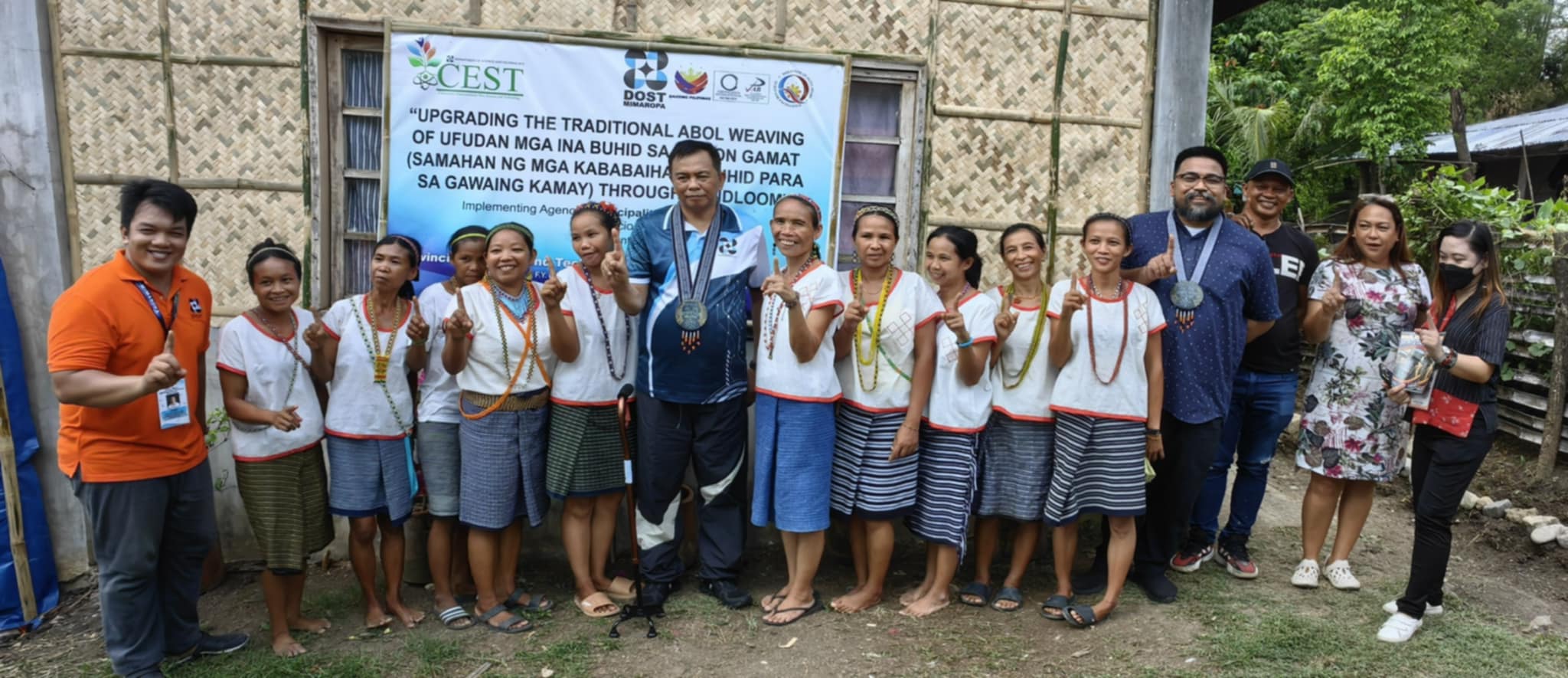In a bid to revitalize the onion industry and uplift the livelihood of farmers in Occidental Mindoro, the Department of Science and Technology (DOST) is spearheading a series of interconnected science and technology-based interventions aimed at strengthening the entire agricultural value chain—from production and processing to market access.
Local farmers have long struggled with challenges such as market saturation, the influx of imported onions, and inadequate post-harvest infrastructure—issues that have resulted in substantial financial losses during peak harvest seasons. In response, the Department of Science and Technology (DOST), through its regional office in MIMAROPA and affiliated programs, is implementing targeted interventions to boost farm productivity, minimize post-harvest losses, and enhance market access. During a recent visit to Occidental Mindoro, DOST-MIMAROPA officials inspected key initiatives that reflect their commitment to inclusive rural development through science and technology. These include the onion processing facility at Occidental Mindoro State College (OMSC) – Murtha Campus, the Smart Drip Irrigation System deployed in onion farms in San Jose, and the centralized weaving center for the Ina Buhid indigenous women in Bato-Ili, Monte Claro—all of which aim to improve the livelihoods of farming communities and indigenous groups by blending innovation with cultural preservation.

In addition, DOST officials visited four SETUP-assisted beneficiaries to assess their progress and identify opportunities for further support and innovation. These enterprises included the OMSC Food Processing Center cum Onion Processing Facility, which utilizes upgraded technologies to enhance the production of value-added onion products; Ufudan mga Ina Buhid sa Aligon Gamat, a women-led indigenous group preserving traditional weaving practices while generating income through handicrafts; Tawaraw Salt Producers, a local community enterprise engaged in the sustainable production and processing of salt; and Alpha Palay Trading & Rice Mill, which has improved its rice milling operations through technology interventions aimed at increasing efficiency and product quality.
One of the core technologies introduced is the Smart Drip Irrigation System under the Smart and Sustainable Communities Program. This system enables efficient water use, minimizes waste, and boosts crop yields—key components for climate-resilient agriculture. To complement this, DOST has redeployed essential post-harvest equipment through its Small Enterprise Technology Upgrading Program (SETUP), including a cabinet dryer and stainless steel tables, now installed at the OMSC – College of Agriculture’s Food Processing Center in Murtha Campus.

In line with the growing emphasis on value-added production, the facility is being expanded with a dedicated Onion Processing Facility, backed by a ₱10 million grant from the Department of Agriculture. The upgraded facility will house advanced equipment such as a freeze dryer and water retort, further enhancing OMSC’s capability to support both education and local agribusiness development.
To help farmers maximize available technologies, DOST-MIMAROPA, through its Provincial Science and Technology Office (PSTO), has conducted training on low-cost post-harvest techniques using locally available materials, teaching practical methods such as sun-drying, blending, and heat application. One standout product from these efforts is onion-based ice cream—an innovative creation that highlights the potential of crop diversification and value-added processing to generate new income streams and extend shelf life. Complementing these agricultural initiatives, DOST-MIMAROPA also supports cultural preservation and economic empowerment through the centralized weaving center of the Ina Buhid women, which provides livelihood opportunities while sustaining traditional handloom weaving practices.
Bridging the gap between innovation and commercialization, DOST has partnered with Lazada Philippines to help micro, small, and medium enterprises (MSMEs) and farmer cooperatives expand their reach in the digital marketplace, giving locally developed products greater visibility and access to broader consumer bases. In addition, DOST continues to collaborate with the Philippine Chamber of Commerce and Industry (PCCI) and other key stakeholders to promote inclusive supply chains and scalable agri-technologies that enhance the competitiveness of farmers, strengthen local enterprises, and ensure wider benefits for consumers.
These initiatives reflect DOST’s broader mission of transforming rural economies through inclusive innovation. By investing in R&D, enabling technology transfer, and fostering strategic partnerships, the agency is building a resilient onion ecosystem in Occidental Mindoro—one that sets a model for sustainable agricultural development nationwide.


